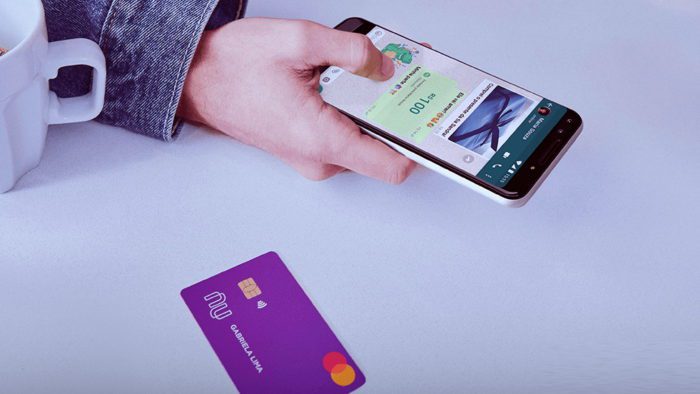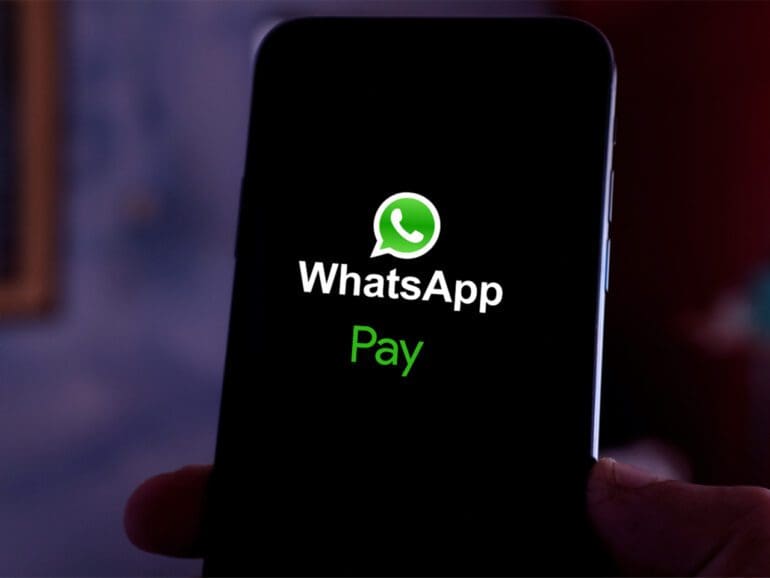Meta announced on Wednesday that it would begin operating payments from individuals to businesses through WhatsApp in Brazil, following the authorization the company received in March of this year from the Brazilian Central Bank.
This new service, which covers credit, debit, and prepaid cards, will start with the participation of 15 banks, three acquiring companies, and both Visa and Mastercard.
The payment operation, awaiting regulatory approval for three years, will first focus on small merchants and will be implemented gradually in the South American country.
A solution to boost the reach of small businesses
Regarding person-to-person transfers via Whatsapp — launched in 2021 — the Brazilian financial services company Cielo holds the exclusivity for processing transactions. But in the recent case of B2B payments, the model is of an open platform, with the participation of more market players, such as Rede of Itaú Unibanco and Mercado Pago of the retail giant Mercado Livre.
Some of the issuers connected to Whatsapp’s system are the traditional banks Banco do Brasil, Bradesco, Santander, BTG Pactual, and the fintechs Inter, Mercado Pago, Neon, Next, and Nubank.

According to Whatsapp, any business can accept payments through the app. Still, Meta believes the greatest potential is among small and medium-sized businesses, which have been using the app to make online sales, reducing operating costs.
In mid-2020, Facebook tried to insert its initiative of payments through Whatsapp in Brazil. Still, it was stopped by the Central Bank (BC) and the Administrative Council for Economic Defense (Cade), which feared this initiative’s impact on the local market.
At the time, the regulators’ biggest fears were the impacts on competition, efficiency, and data privacy. Cade ended up removing the suspension of Whatsapp’s payment services shortly after. However, the Central Bank released the transfer between individuals only in the first half of 2021 and the payment mode only in March of this year.
Security criteria for Whatsapp payments
According to Meta, the security applied in Whatsapp transactions is the same as that adopted in other forms of payment via cards. “We are comfortable with what we have designed in terms of security,” said in an interview with Brazilian media the head of WhatsApp in Latin America, Guilherme Horn. “No data stays on the cell phone; it’s all tokenized by the card operators (Visa and Mastercard).”
According to the company, this layer of security means that when the card is registered in the app, it becomes a credential, which protects data such as the number, the verifier code, and the validity.
The system works similarly to what already happens with other digital wallets, such as Apple Wallet and Google Pay.


